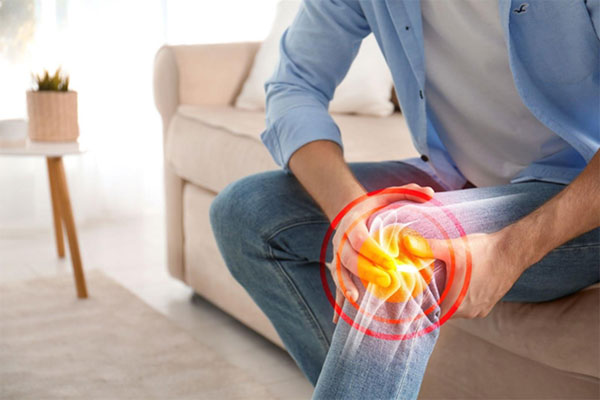
Ignoring arthritic joint pain won’t make it go away—in fact, arthritis in the hip and knee joints tends to worsen over time. The longer you wait to address symptoms, the more damage can occur, potentially leading to more invasive treatments down the road. The key to maintaining mobility and avoiding surgery is to take control of your joint health now. Here's why early action matters.
The Benefits of Early Treatment for Arthritis
Seeking prompt orthopedic care for knee and hip arthritis can offer several advantages, including:
Slowing Disease Progression
Early diagnosis allows for treatment strategies that help preserve joint function and slow cartilage deterioration, potentially delaying the need for joint replacement surgery.
Reducing Pain and Inflammation
A combination of physical therapy, anti-inflammatory medications, and lifestyle modifications can significantly alleviate pain and improve joint mobility.
Improving Long-Term Mobility and Function
By addressing arthritis early, patients can maintain an active lifestyle, preventing muscle weakness and joint stiffness that often accompany advanced arthritis.
Non-Surgical Treatments for Hip and Knee Arthritis
Many patients can manage their arthritis symptoms without knee and hip replacement surgery through:
- Physical therapy: Strengthening surrounding muscles can provide better joint support.
- Weight management: Reducing excess weight decreases stress on the joints.
- Injections: Corticosteroids, hyaluronic acid injections, or orthobiologics can provide pain relief.
- Assistive devices: Braces, canes, or shoe inserts can enhance stability and reduce discomfort.
When Surgery Becomes the Best Option
If arthritis progresses despite non-surgical treatments, hip and knee replacement surgery may be the most effective solution. Total joint replacement can restore mobility, eliminate pain, and improve overall quality of life. Advances in minimally invasive techniques and robotic-assisted surgery have made joint replacement procedures more precise and successful than ever before.
Early Signs of Hip and Knee Arthritis to Watch Out For
Early symptoms of arthritis in the hip and knee joints often include:
- Persistent joint pain, especially after activity
- Stiffness in the morning or after sitting for long periods
- Swelling or tenderness around the joint
- Difficulty walking, climbing stairs, or standing up from a seated position
If you’re experiencing any of these other early arthritis signs, don’t wait until it gets worse. Schedule a consultation with Dr. Frisch to explore your treatment options. Early intervention can make a significant difference in preserving joint health and avoiding long-term complications.
AUTHOR: Dr. Nicholas Frisch is a specialist orthopedic surgeon focusing on minimally invasive hip and knee joint replacement as well as complex primary and revision surgery. He believes in creating a personalized experience with the highest level of service. For all appointments & inquiries, please contact our offices located in Rochester, MI.








